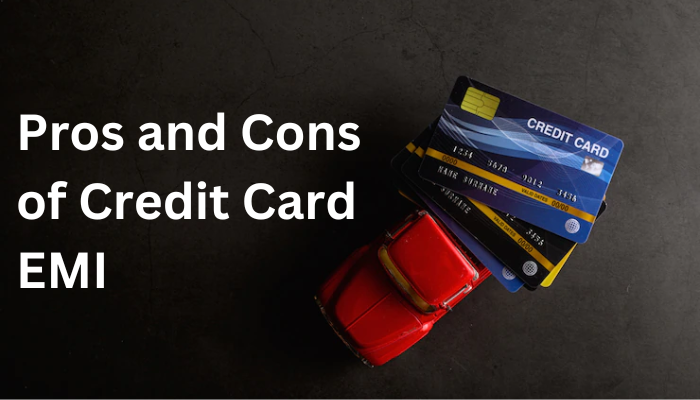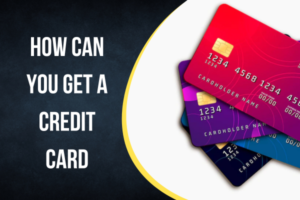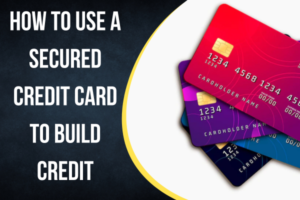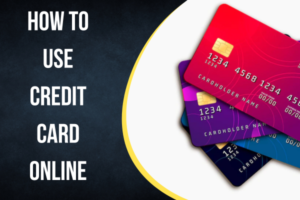Pros and Cons of Credit Card EMI

Pros and Cons of Credit Card EMI
Credit card EMI (Equated Monthly Installment) is a facility offered by credit card issuers that allows you to convert a high-value purchase into smaller and manageable monthly payments over a fixed tenure. While it can be a convenient way to finance a big purchase, there are both pros and cons to consider before opting for it.
What are the Pros of Credit Card EMI
Easy to Manage: EMI helps you to split the cost of a purchase into manageable monthly installments. This makes it easier to budget and plan your expenses.
No need for cash: You can purchase items that you may not have been able to afford with your savings. Instead, you can pay for it through monthly installments without needing to pay the full amount upfront.
No or low-interest rates: Some credit card issuers offer EMI schemes at low-interest rates or even no interest rates. This can save you money compared to other forms of financing.
Flexibility: EMI plans offer flexible repayment options, such as choosing the tenure and the amount you want to pay each month, according to your financial situation.
What are the Cons of Credit Card EMI
High-interest rates: Some credit card issuers may charge high-interest rates on EMI schemes, which could increase the overall cost of the purchase.
Processing fee: Credit card companies may charge a processing fee for EMI conversion. This fee can range from 1-2% of the total purchase amount, which can add up over time.
Impact on credit score: Taking too many EMI’s can impact your credit score as it shows that you are taking on more debt. This could lead to a lower credit score, making it harder to get approved for future loans or credit cards.
Limited flexibility: Once you opt for EMI, you may not be able to change the tenure or the amount of the monthly installments, making it less flexible than other forms of financing.
In conclusion, credit card EMI can be a useful tool for financing high-value purchases, but it’s important to know both the pros and cons of credit card EMI before opting for it. Be sure to read all the terms and conditions carefully before you choose an EMI plan to avoid any hidden fees or charges.
Is EMI on Credit Card Good or Bad?
Whether EMI on a credit card is good or bad depends on individual circumstances and financial goals. Here are some points to consider:
Good:
EMI allows you to make large purchases and pay them off over a period of time with fixed monthly installments.
It can help you avoid high-interest rates charged by credit card companies if you were to carry a balance on your card.
If you choose a zero-interest EMI plan, you can make purchases without paying any additional interest charges.
EMI may be a good option if you need to make a purchase but don’t have the cash available upfront.
Bad:
If you opt for a high-interest EMI plan, you may end up paying more in interest charges than the original cost of the item.
If you miss an EMI payment, you may be charged late fees, which could add up quickly.
EMI can impact your credit score, as it shows that you are taking on more debt. This could make it harder for you to get approved for loans or credit cards in the future.
EMI plans often come with a processing fee, which could increase the overall cost of the purchase.
In summary, EMI on a credit card can be good if you use it responsibly and choose a low-interest plan that fits your budget. However, if you choose a high-interest plan or miss payments, it can lead to additional fees and negatively impact your credit score. It’s important to carefully consider your financial situation and goals before opting for EMI on a credit card.


